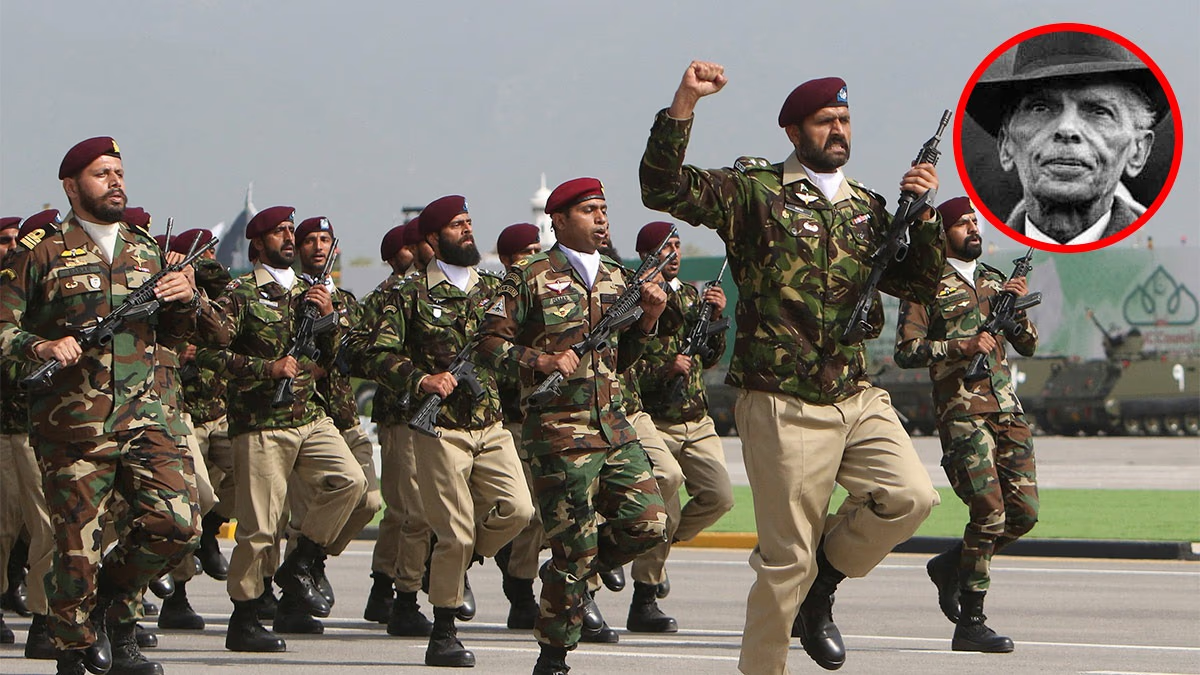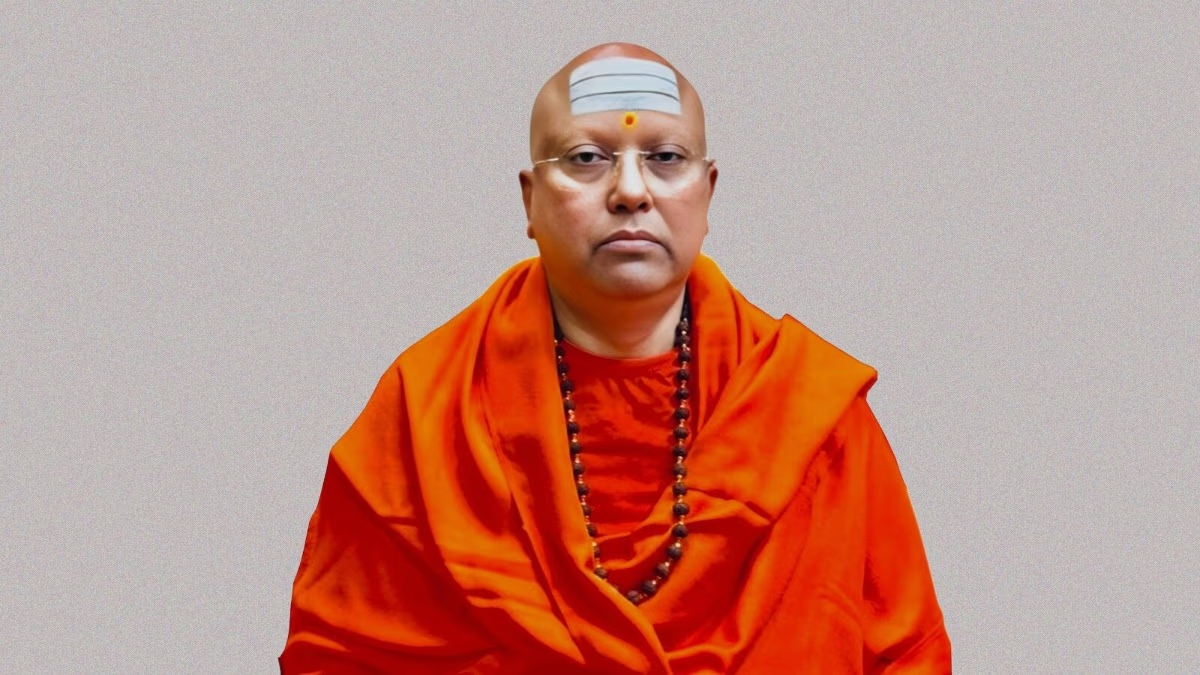Announcing the Gaza Peace Plan, U.S. President Donald Trump declared that Pakistan's Prime Minister Shahbaz Sharif and Army Chief General Asim Munir are in complete agreement with it. He expressed confidence, stating, "Both leaders have been with us from the outset." This statement sparked discussions in Pakistan about the possibility of sending a peacekeeping force to Gaza, viewing it as an international power play opportunity.
Trump's peace plan for Gaza outlines the cessation of conflict within 72 hours, the return of hostages, the surrendering of weapons linked to the war, the deployment of peacekeepers, and the reconstruction of the war-torn city.
Before the announcement, Pakistan’s PM Shahbaz Sharif and Army Chief Asim Munir met with President Trump in Washington.
The foreign ministers of eight Muslim countries—Pakistan, Saudi Arabia, the United Arab Emirates, Indonesia, Turkey, Qatar, Egypt, and Jordan—have pledged their support for Trump’s 20-point Gaza peace initiative, promising constructive cooperation with Washington and all parties involved.
Trump had discussed this proposal with Muslim leaders during a meeting on the sidelines of the 80th session of the United Nations General Assembly in New York last week.
On Monday, when asked if Pakistan will dispatch its troops under the banner of a peacekeeping force in Gaza, Pakistan’s Foreign Minister Ishaq Dar responded that the nation's leadership will decide on troop deployment as part of the recently announced peace agreement aiming to end the bloodshed in the region.
He further explained during a media briefing, "The Gaza peace plan envisages the deployment of a peace force in Palestine."
Indonesia has vowed to send 20,000 troops under this peace plan.
According to Pakistan’s Foreign Minister, the peace force stationed in Gaza will be a multinational group, but local law and order will remain under Palestinian agencies. With Indonesia’s offer of 20,000 troops, he speculates that Pakistan's leadership will soon reach a decision.
Initially Welcomed Trump's Plan, Now Pakistan Backtracks
While initially receptive, Pakistan faced domestic backlash for supporting the initiative. Since Pakistan doesn't recognize Israel, endorsing Trump’s plan implied acknowledging Israel, a significant ideological shift for the nation. Following Sharif’s endorsement, internal criticism surged, suggesting his statement aimed to appease Trump.
Did Jinnah Ever Acknowledge Israel?
Pakistan’s founder, Mohammad Ali Jinnah, was a staunch opponent of Israel's creation. When the United Nations endorsed the partition plan for Palestine in 1947, Jinnah labeled it "unjust" and a violation of Palestinian Arabs’ rights, attributing it to British imperialistic policies, and asserting it was against Muslim interests.
He advocated for Palestinian Arabs' right to self-determination and a sovereign Palestinian state, shaping Pakistan's initial foreign policy and withholding recognition from Israel.
On social media, a Pakistani user declared, "There will never be betrayal of Palestine, nor will we allow betrayal of our country. We emphatically reject our Prime Minister’s support for Trump’s distasteful so-called Gaza peace plan."
Another user questioned, "How can you disarm Gaza while Israel maintains a security barrier after 70,000 civilian deaths?"
Faced with domestic scrutiny, Pakistan’s government swiftly adjusted its stance. Dar clarified, "This is not our document, it’s the American document."
Pakistan pointed out the plan's omissions like establishing a Palestinian state based on 1967 borders, West Bank security, and ceasing Israel's unilateral actions.
When Has Pakistan Previously Deployed Troops to Arab Nations?
Though Pakistan has yet to deploy troops to Gaza, Pakistani forces have been present in Saudi Arabia and other Gulf countries since the 1960s, offering training, advisory roles, security assistance, and wartime support, integral to its foreign policy, aiding in developing military capacity in Arab nations.
Pakistan first sent troops in the 1960s to protect Saudi borders amid Egypt’s initiation of the Yemen War. During this period, the Pakistani Air Force trained Saudi pilots and deployed approximately 20,000 soldiers.
In 1969, Pakistani military engineers constructed fortresses at the Yemen border during the Saudi Arabian Al-Wadiah War. Air Force pilots flew Saudi jets in missions.
Pakistani forces participated in the 1973 Yom Kippur War, deployed to Egypt and Syria, with a brigade protecting Damascus and supplying arms.
In 1979, when extremists seized the Grand Mosque in Mecca, Pakistan dispatched special forces to assist in subduing the insurgents.




